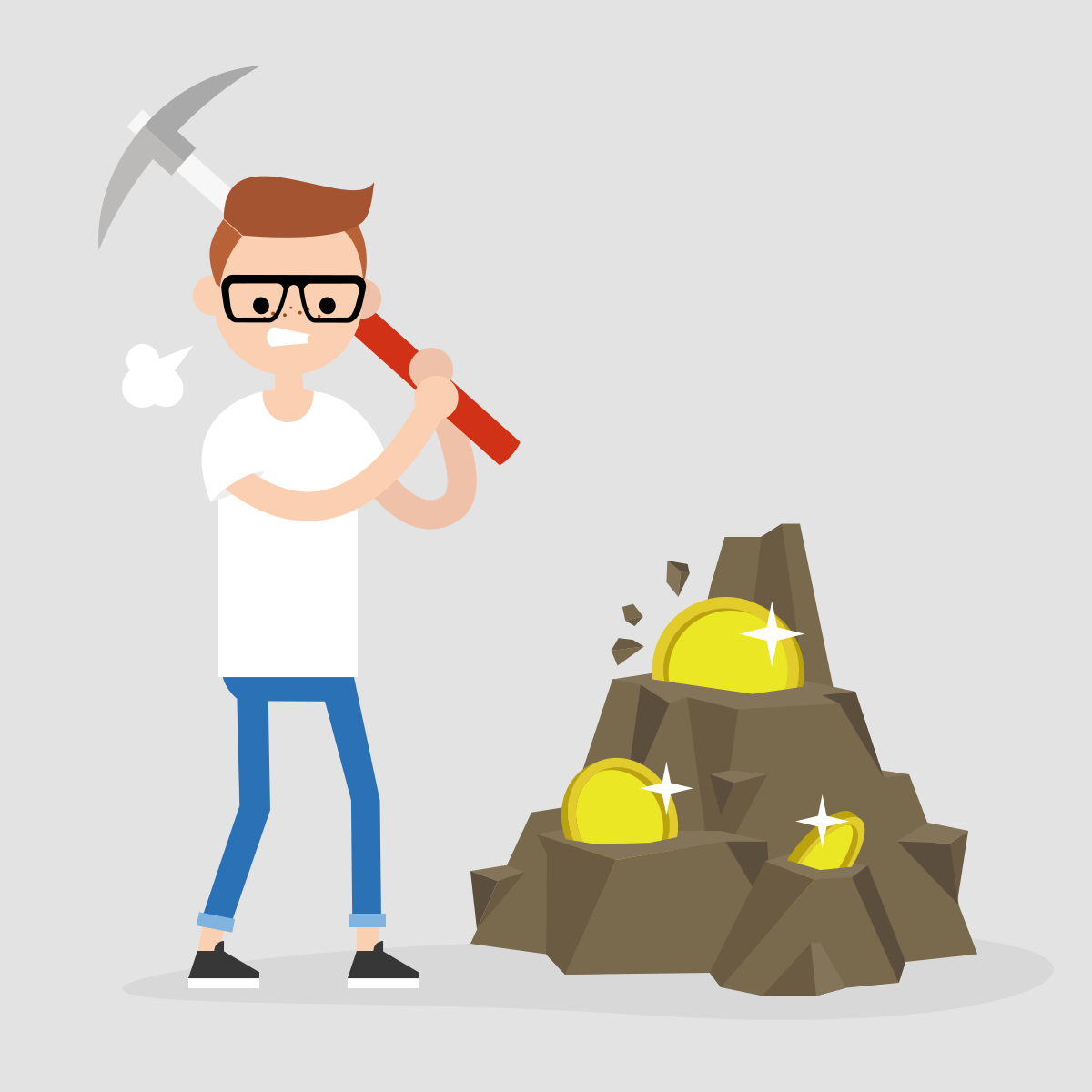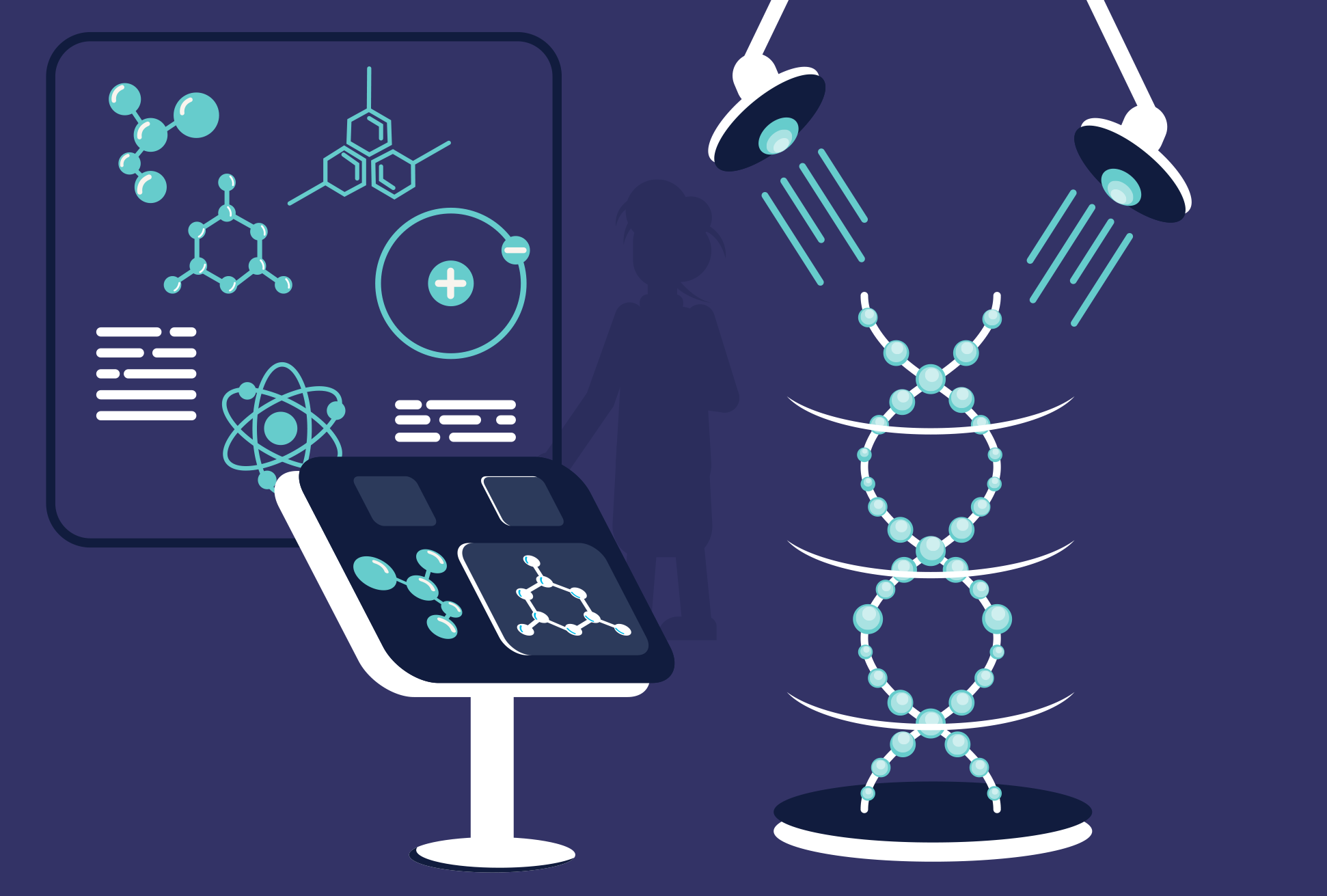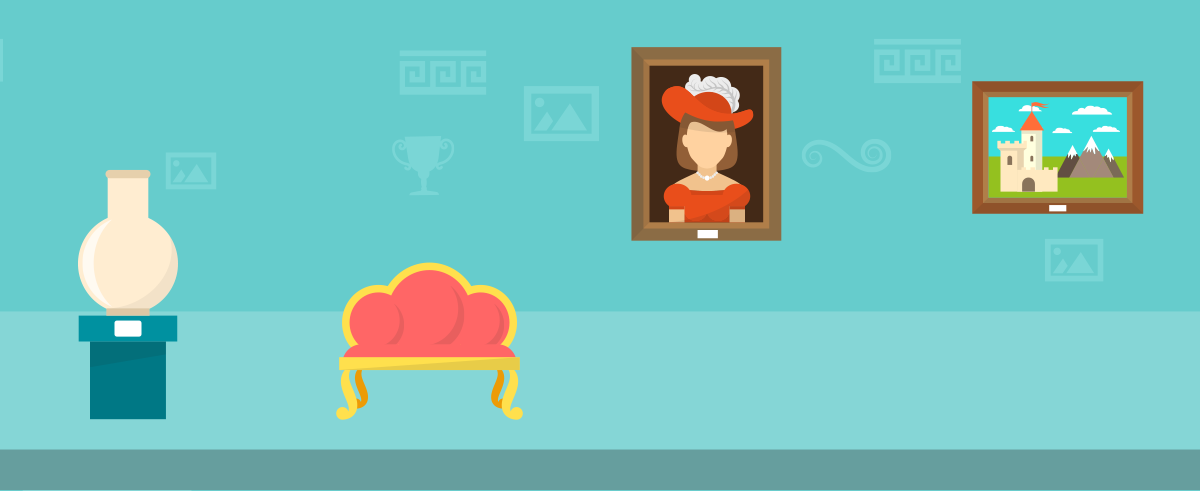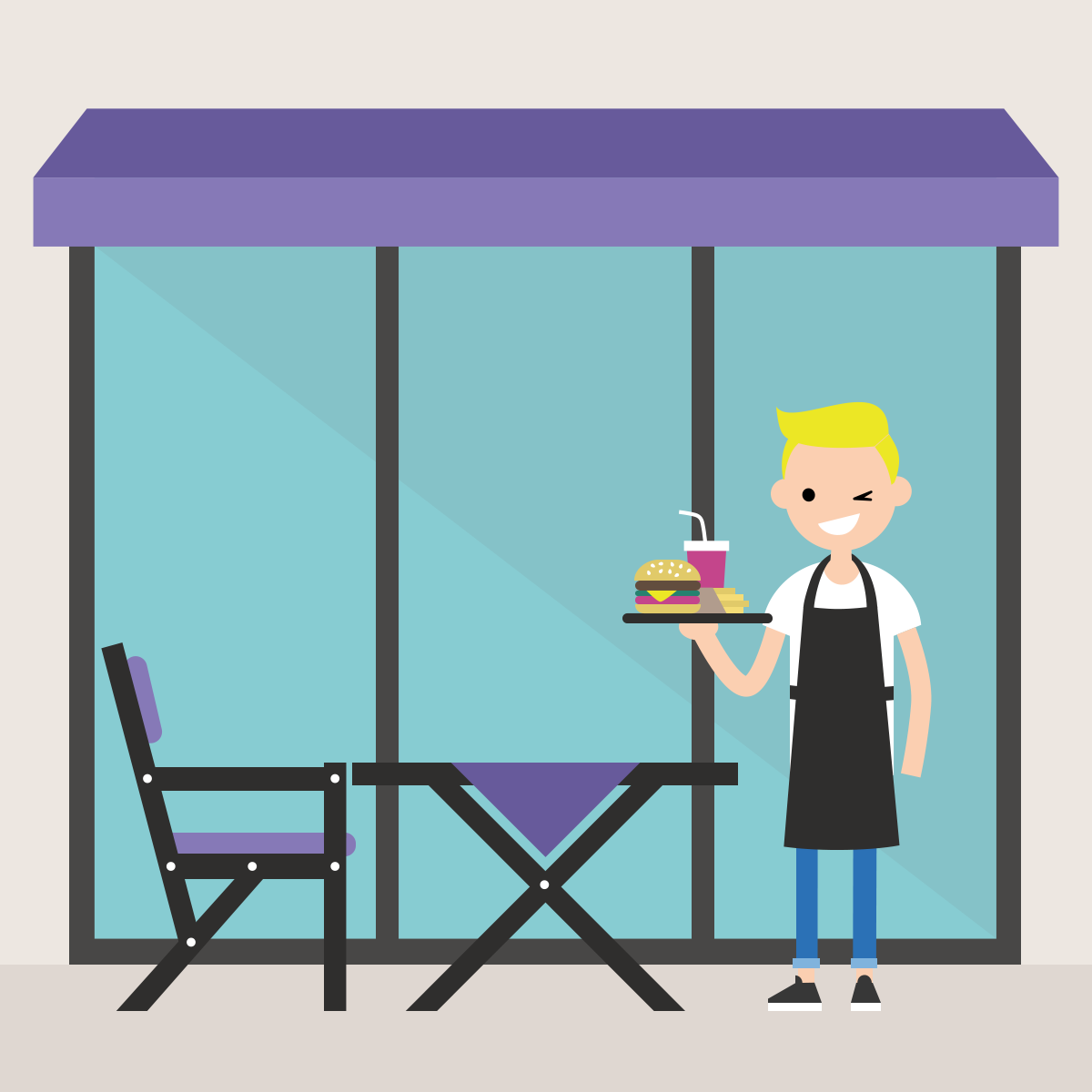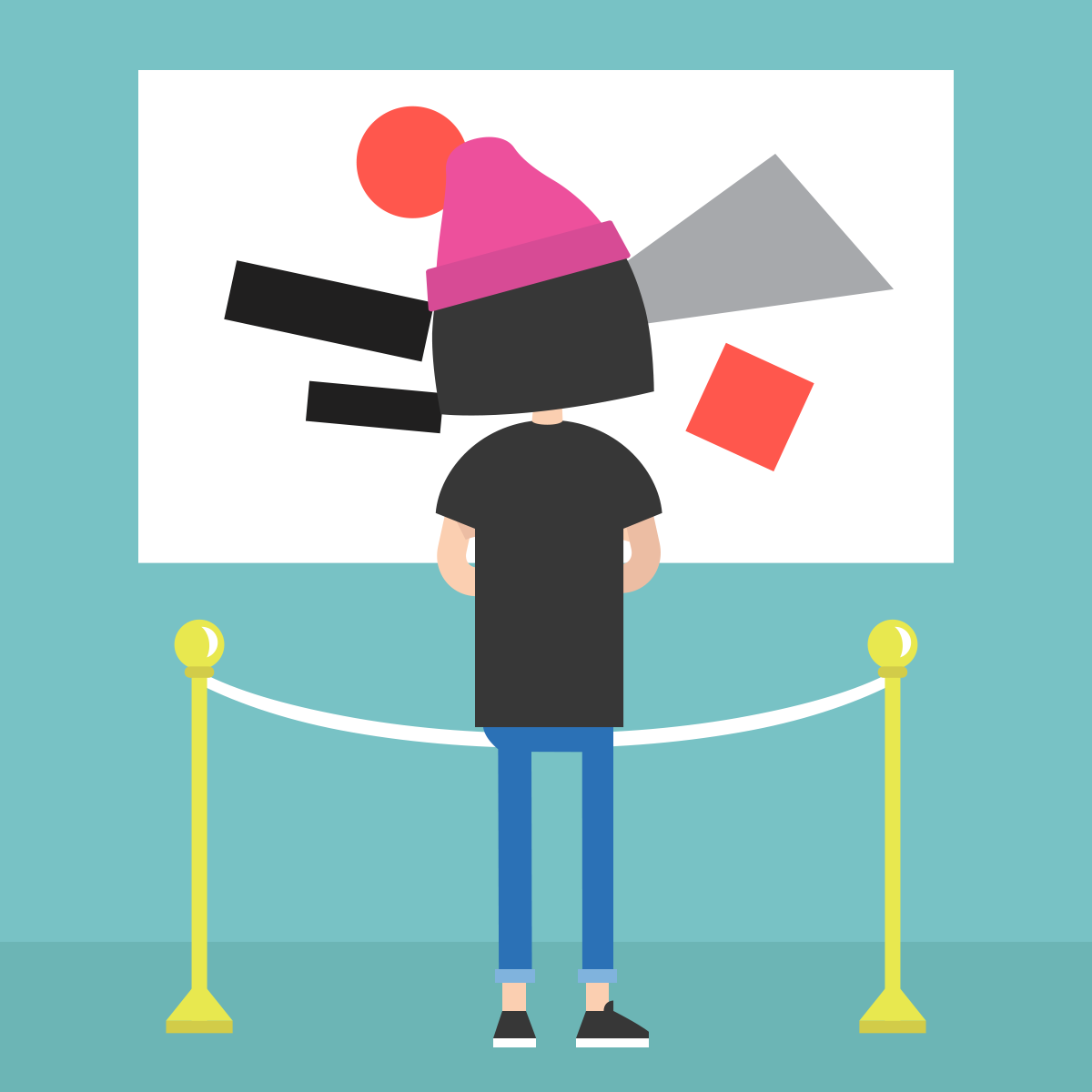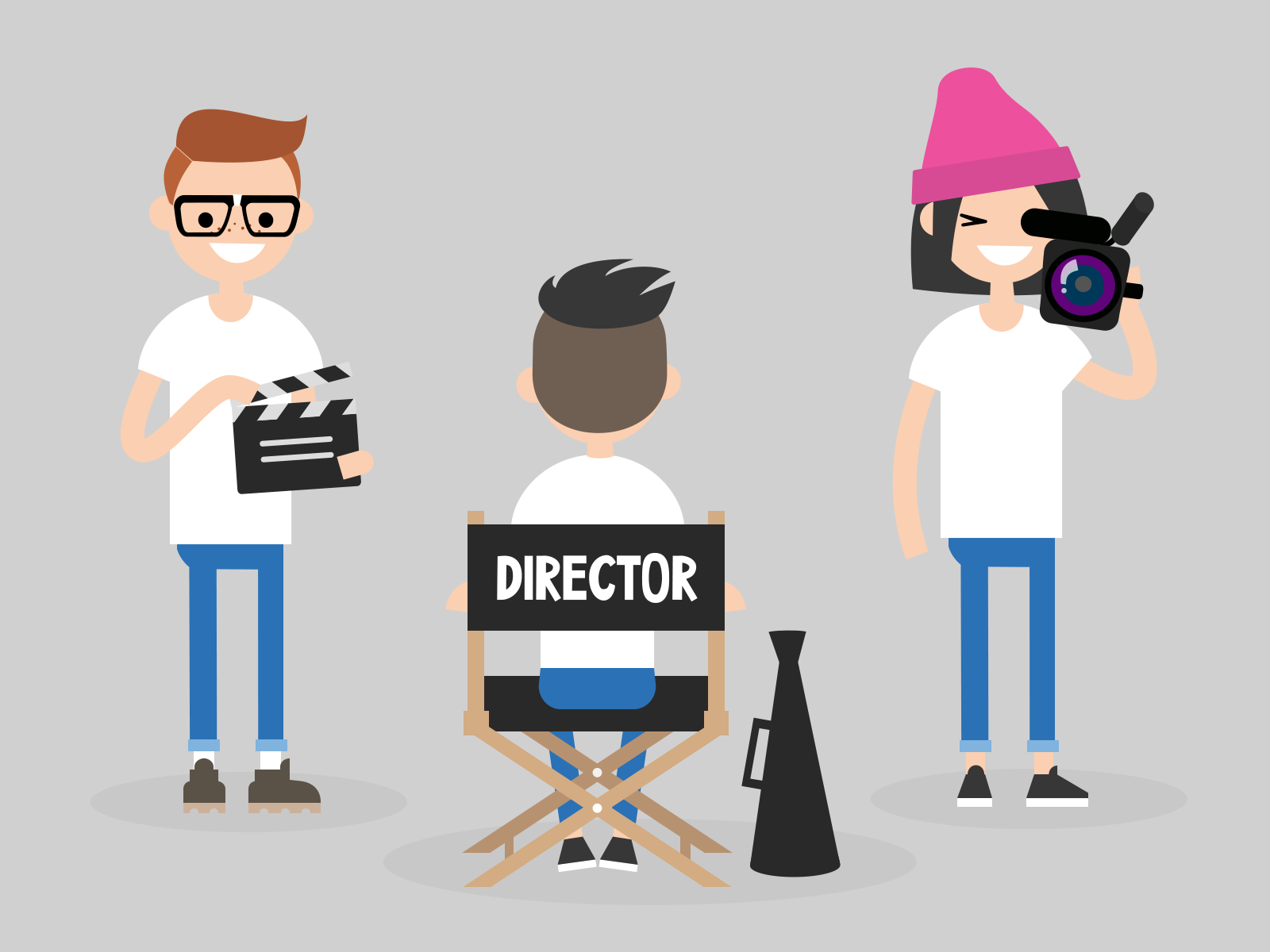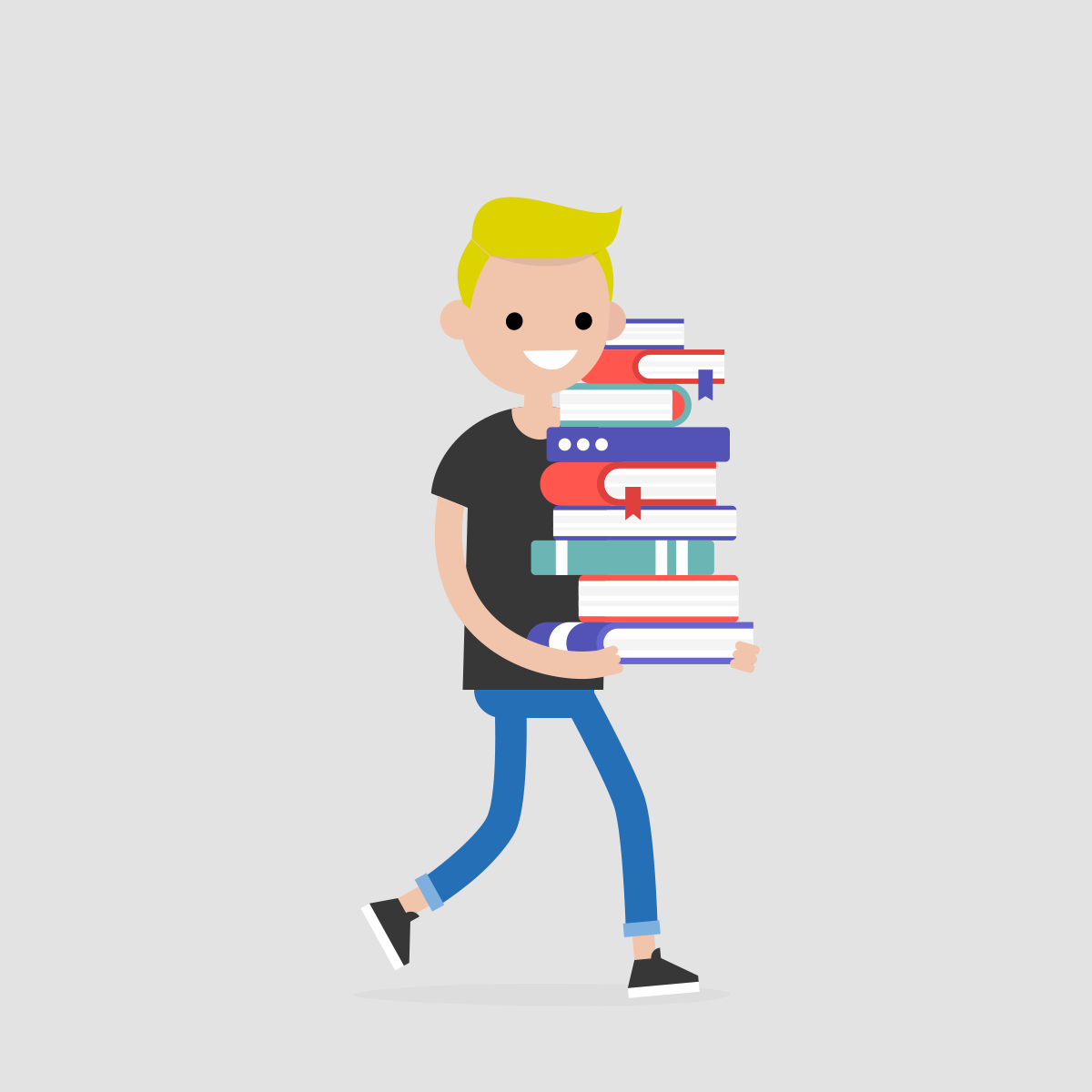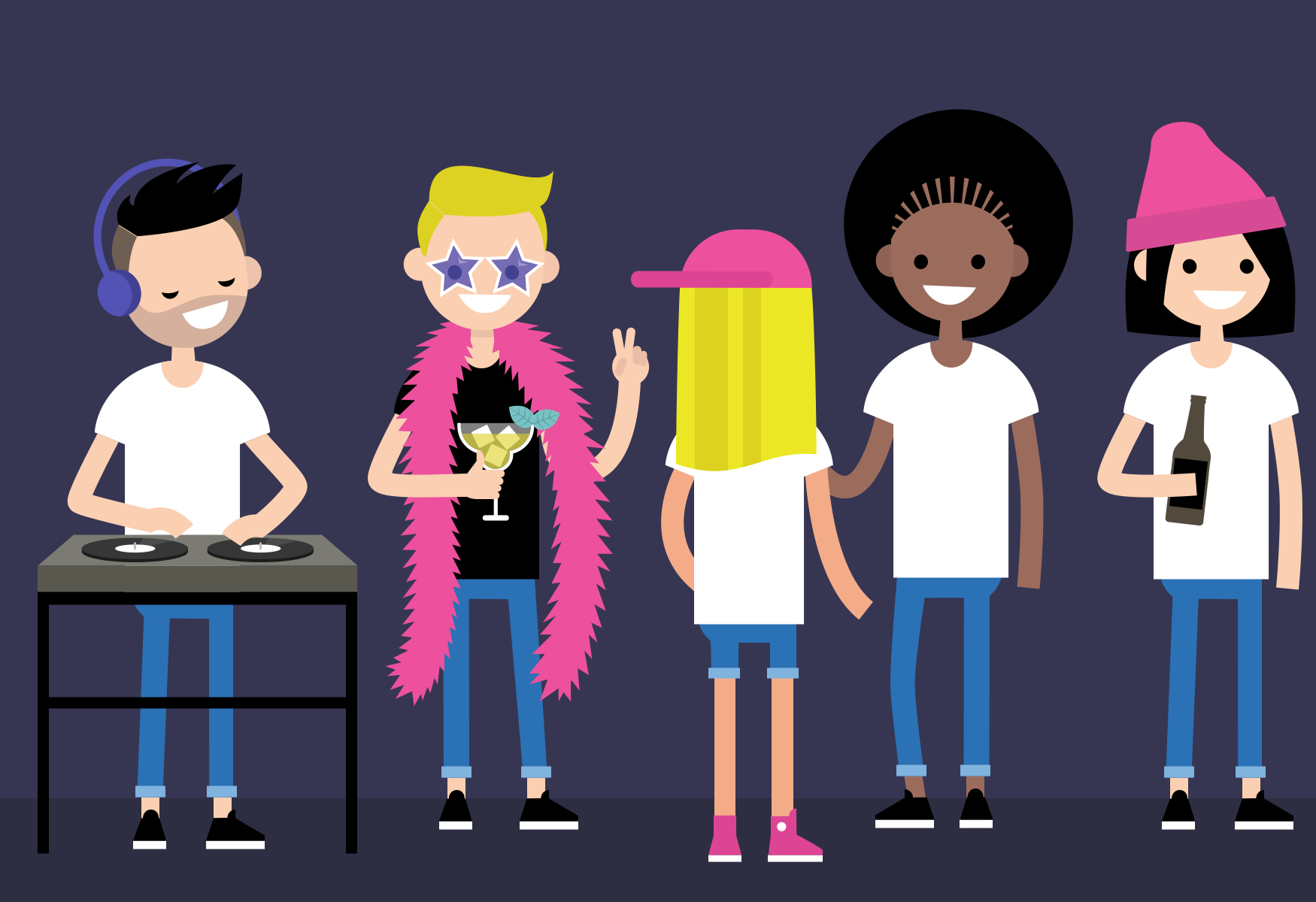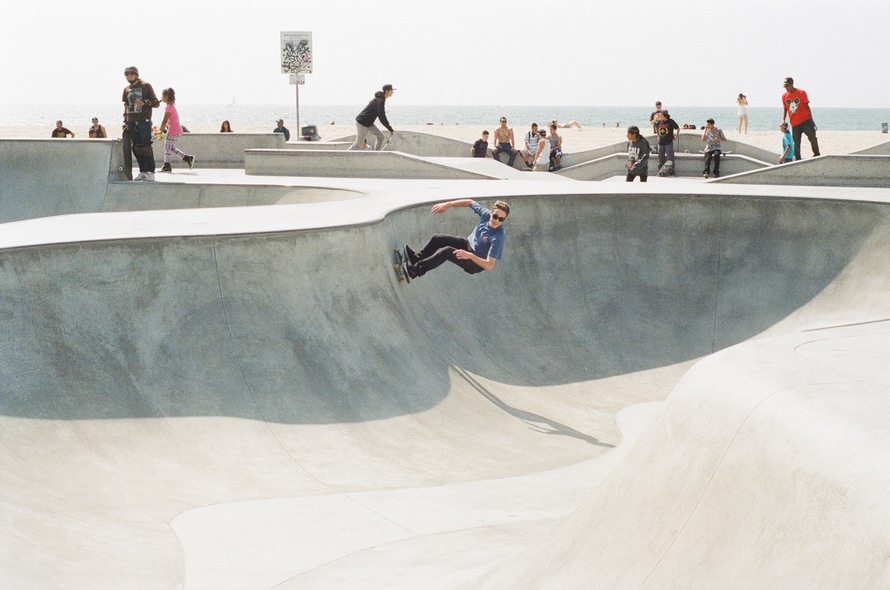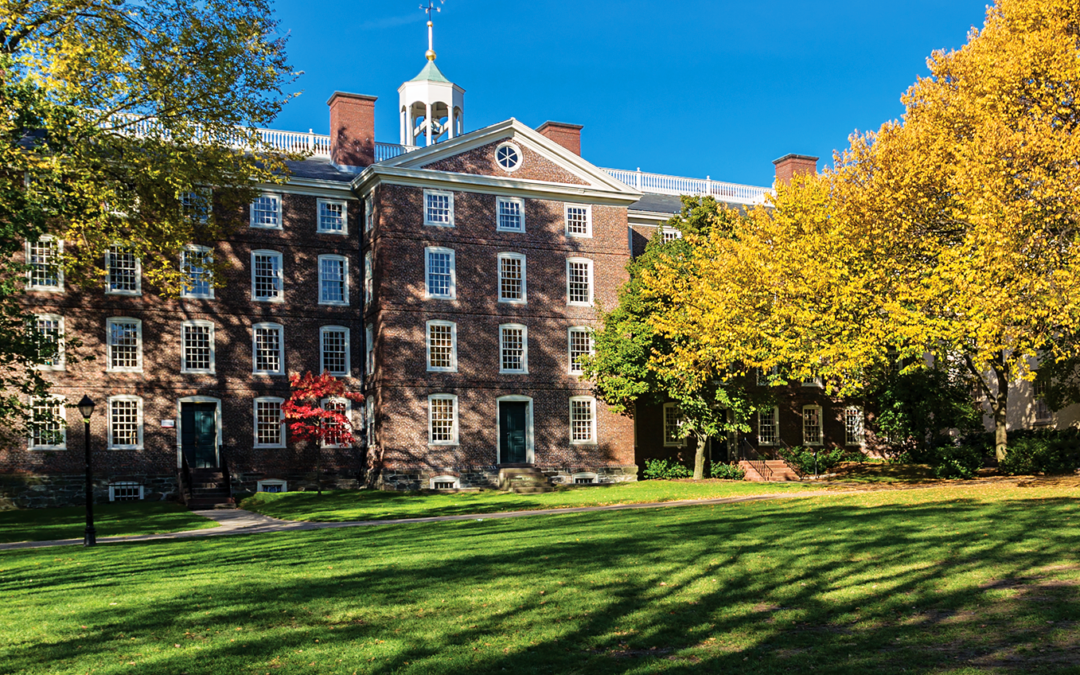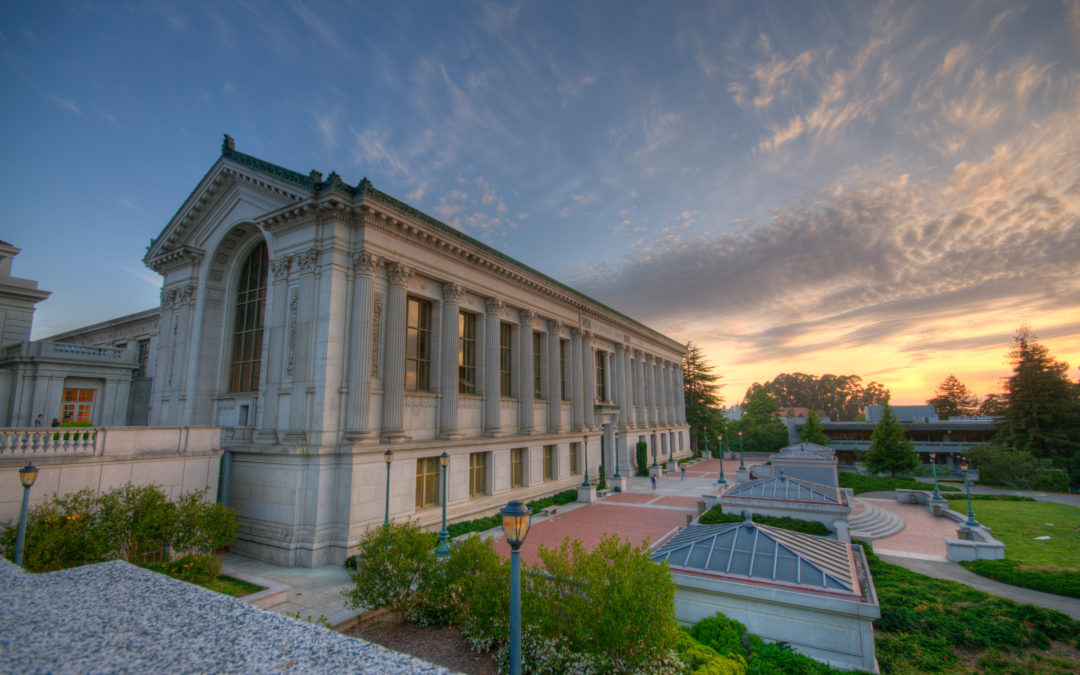
UC Personal Insight Questions: The Ultimate Guide
I hate to break it to you, but I believe these shorter essays are harder than the old ones. But, don’t worry — I got you. Let’s break down how exactly we should answer the new UC Personal Insight Questions.
How to Answer The UC Personal Insight Question #1
Describe an example of your leadership experience in which you have positively influenced others, helped resolve disputes, or contributed to group efforts over time.
Before we dig into each step, here’s a UC Essay Example for this Personal Insight Question. This student got into UC Berkeley’s prestigious EECS programming in the Engineering school… but he’ll be attending Stanford instead 🙂
First off, keep this in mind: Whatever UC prompt you pick, the essay responses (for the most part) will still need to have an underlying story. This is a must. Moreover, you only need ONE REALLY AWESOME ANECDOTE instead of 2-3 MEDIOCRE mini anecdotes. Quality of quantity, right?
So, let’s get down to answering this essay prompt:
Step #1: Brainstorm one anecdote in the scope of leadership
When you’re brainstorming about activities involving leadership, think outside the box. The notion of “leadership” doesn’t mean that you have to be the captain of the volleyball team or have a leadership title… you can be a leader and demonstrate leadership abilities in so many other ways.
Actually, here’s something interesting: Currently, I’m working with students who have drafted up their UC essays to this first prompt, and I’ve noticed that their interpretation of “leadership” is very generic. In other words, many students are already writing about being a club president, first chair flute, etc. This means that other students across the world (like YOU) who are applying to the UC system may also have the same generic interpretation of “leadership.”
So, be careful… you don’t want your essay to sound like everyone else’s.
Step #2: Pinpoint the conflict in the anecdote
As we already talked about, this short essay should have an underlying foundation of a story. Because stories have a conflict and resolution, we similarly need these two components in your essay. A conflict in this case can be a mistake, a challenge, an obstacle… it’s literally any roadblock that got in your way that you had to resolve. So, make sure that you include this conflict in your essay
Step #3: Include a resolution from your anecdote
Anyone can, (in theory) tell a decent anecdote. The storytelling part of writing is not going to be the most challenging part for you.
Your biggest challenge for these UC essays is to explain succinctly what you learned from this story. Your analysis of this particular experience must therefore be insightful. I mean, these essay questions are called personal insight questions, right?
This ability to be insightful and introspective is one of the key components these questions are measuring. Actually, the ability to be self-aware and insightful is one of the many factors for “success in college” as noted by Warren Willingham.
How to Answer The UC Personal Insight Question #2

Before we dive into this question, I have good news! Here’s a UC essay example for this essay prompt from a student of mine 🙂 .
Every person has a creative side, and it can be expressed in many ways: problem solving, original and innovative thinking, and artistically, to name a few. Describe how you express your creative side.
I actually really like this prompt (and encourage you to consider selecting it) because the notion of creativity can be applied to every industry and discipline.
This leads me to a tip:
If anything, I would err on the side of staying away from the “arts” when answering this prompt. I say this only because you don’t want your interpretation of this essay prompt to be perceived as overly narrow.
Here’s how you can go about answering this:
Step #1: Brainstorm an activity or anecdote that showcases intellectual vitality.
Here are some questions for you to get your creative juices flowing:
- Are you the type of person who is constantly thinking and loves new ideas and challenges? Are you sort of like an Elon Musk in that way? If so, what is an event or activity that has constantly pushed you to solve problems in innovative ways?
- Are you innately curious and show your curiosity with action? Besides going down the rabbit hole of Googling everything, is there a subject that you’ve always been drawn to that you want to know everything about? If so, write about it!
- Are you good at challenging ideas in a thoughtful way and seeing a problem or issue through multiple lenses? If yes, what’s an event or activity that showcases this?
Step #2: Analyze what this creative side means to you
Remember, you need to take each essay one step further — Don’t just express your creative side; tell the admissions officers why this is valuable and how you’ll take the learnings you’ve gleaned from your creative side and apply them to the rest of your life!
How to Answer The UC Personal Insight Question #3
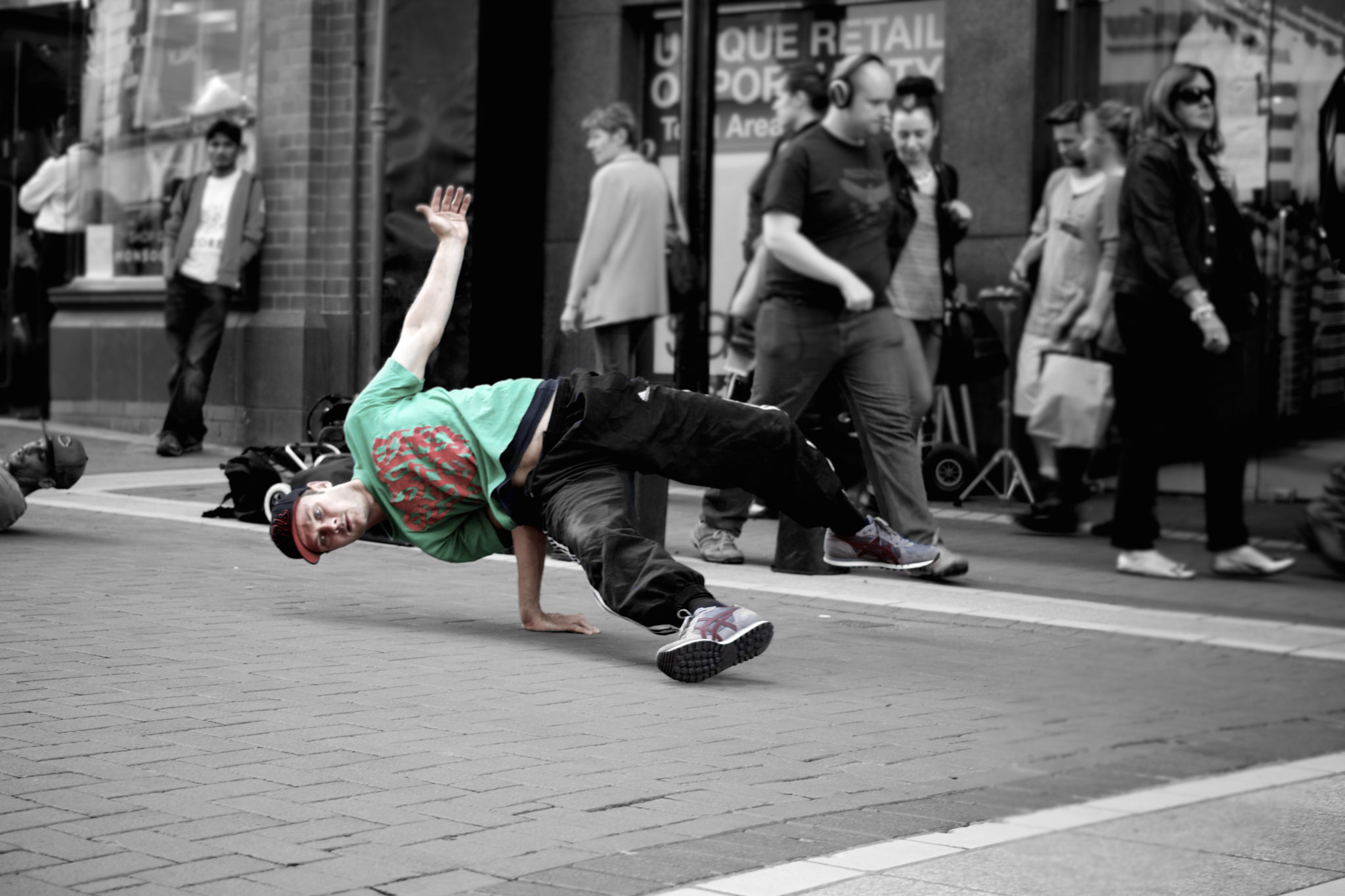
What would you say is your greatest talent or skill? How have you developed and demonstrated that talent over time?
I encourage a lot of my students to consider selecting this essay prompt because it has a lot of potential.
Remember, you can have a relatively loose interpretation of many of the UC prompts. In other words, you don’t have to be recognized as a “superstar” in basketball or robotics to answer this question effectively.
This leads me to a tip:
Refrain from writing about activities that many other students might also be good at. For instance, you might take great pride in playing violin or coding; however, a lot of students can share this commonality and could actually be better than you are. So, it’s usually better to brainstorm attributes about who you are that is unique and creative that makes you difficult to “compare” with other students.
Here’s how we can break down this prompt:
Step #1: Brainstorm your unique talent or skill
So far, I have students that have creatively interpreted this essay prompt in many ways; for instance, I have a student who is writing about emotional intelligence as a skill she takes great pride in. I have another student who is writing about his love of drawing tattoos (he doesn’t have a tattoo but can talk for hours about the historical significance of tattoos).
Once you’ve nailed down your talent or skill, strive to find an anecdote that captures you in your element.
Step #2: Analyze
This is that part where most students will struggle. So, spend extra time analyzing why this skill or talent is significant in your life. What has this ability taught you? How has this talent/skill opened doors for you? Why does it matter to you?
How to Answer the UC Personal Insight Question #4
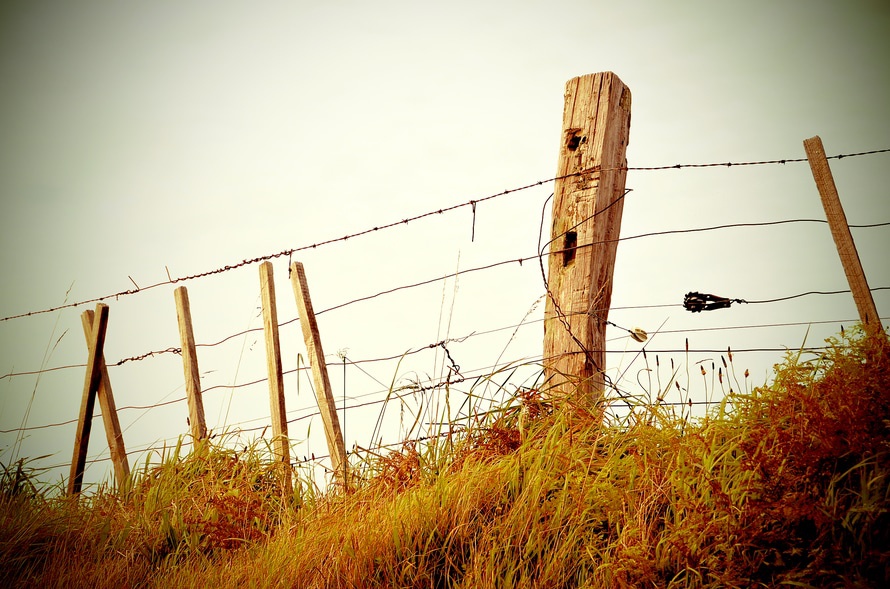
Before you begin reading this UC Essay Guide, check out this awesome UC Essay Example for this prompt.
Describe how you have taken advantage of a significant educational opportunity or worked to overcome an educational barrier you have faced.
This essay prompt is interesting because it allows you to write about either an opportunity or a barrier — these are almost complete opposites.
So far, I have a few students that have picked this essay prompt and have written about taking advantage of educational opportunities; more specifically, they write about taking advantage of all the AP courses their school offers. I tend to cringe when I read these drafts. Let’s be real… many other students applying to your dream school are go-getters and have taken advantage of educational opportunities by taking challenging AP courses. That’s neither interesting nor special.
This is why I advise this: If you choose this prompt, try brainstorming an anecdote about overcoming educational barriers.
Here’s the basic outline to tackle this prompt:
Step #1: Brainstorm an anecdote showcasing the educational barrier.
Overcoming barriers is almost always a stronger anecdote than taking advantage of opportunities. Actually, the ability to overcome obstacles is an attribute that is highly correlated with success in college; thus, admissions officers are on the lookout for this personal quality in your overall application.
Step #2: Explain how you overcame your barrier.
What do you do when the going gets tough? How do you overcome obstacles?
Grit and resiliency are key personal qualities that admissions officers love to see. Thus, you want to explain clearly how you solved the problem that you were facing in your response so that you can showcase these key qualities.
Step #3: Analyze!
Yup, as always, you have to explain the significance of this experience. More specifically, describe what you learned from this experience and how you’ll apply these learnings to your future.
How to Answer the UC Personal Insight Question #5

Describe the most significant challenge you have faced and the steps you have taken to overcome this challenge. How has this challenge affected your academic achievement?
For the most part, if this essay prompt doesn’t jump out at you from the get-go, then perhaps this isn’t the best prompt for you to answer. I say this becomes this is a slightly tricky prompt.
Let’s get one thing out of the way before we start: A “significant challenge” is NOT getting an F on a chemistry test, working hard, then ultimately receiving an A in the class as a final grade. In other words, an academic challenge isn’t a “significant challenge” in this instance.
So then, what are significant challenges you can write about here? Well, they can be obvious issues like family, socioeconomic, personal, and health challenges.
If you do have a personal challenge that you feel comfortable writing about in one of these UC essays, then here’s the place. The trick is this: Your story cannot be a sob story. Let’s break down how you can go about answering this prompt:
Step #1: Describe the significant challenge.
You can describe the issue in one of two ways: A bird’s eye overview of the issue or a specific example/anecdote when the issue was at its peak.
Step #2: How did this challenge affect you?
This is where you can explain how this challenge impacted you academically.
Step #3: What did you learn from this challenge?
The most important note to remember about this essay prompt is this: You must end your essay on a forward-looking note! If you don’t end on a positive note, your writing will be crossing into the dangerous territory of a sob story, which is never how you want to end your college essays. Sum up your essay by showcasing how you’ll take the learnings from this experience and apply them to your future.
How to Answer the UC Personal Insight Question #6

Describe your favorite academic subject and explain how it has influenced you.
If the Stanford Intellectual Vitality Essay and the USC Major Choice Essay (or any other major-specific essay) had a baby, it would be this prompt. In other words, this is a prompt where you can reuse a short response essay you’ve written for another university.
So far, A lot of students I work with have been picking this prompt; therefore, keep in mind that this is going to be a relatively common essay that the UC admissions staff will see. Moreover, be strategic about the academic subject you pick to write about. For instance, if you want to write about biology as your favorite academic subject, but you’ve never taken AP Biology and it’s offered at your school, then it doesn’t look like you love biology all that much (you’re not willing to challenge yourself). In the same vein, if you pick biology as your favorite subject but you didn’t do well in the class, then it doesn’t look like biology is actually your favorite subject… so I wouldn’t write about that.
The bottom line is this: If you’re picking a school-related subject, then pick a subject that you’ve done well in.
Also, keep in mind that you’re not limited to writing about JUST subjects offered at your high school. If you truly enjoyed a class you’ve taken through summer school, community college, or online courses, then these are great topics to write about as well!
Either way, whatever subject you pick, you need to create an essay with a unique spin on it. To do this, geek out about your favorite subject. So, let’s break it down on how you can answer this prompt:
Step #1: Introduce and show your passion for your favorite subject
Don’t say that your favorite subject is biology and leave it at that; you must geek out about a specific biological concept that you find intriguing. Geeking out will show your passion for learning and your intellectual curiosity.
Step #2: Explain why you find this subject interesting
Admissions officers want to understand what motivates you as a student. They want to understand WHY you find this subject interesting — do you like physics because your father is a mechanical engineer and you can have intellectual conversations with him now that you understand the concepts? Do you like economics because you can now understand how the market works and that’s why you’re dabbling in stock trading?
Step #3: Describe how the subject led you to take action to learn more
The other piece of the puzzle is to explain how this academic subject has influenced you. The best way to do this is to show how you’ve taken action on this academic passion of yours.
I’ll give you an example: I have a student who is writing about her passion for feminist theory, which is a class she took for fun at a local community college. In her essay, she geeks out about the feminist theory and her views on feminism in the scope of the current presidential election. This class opened her eyes and taught her to be more self-aware of unconscious gender biases in her everyday life.
How to Answer the UC Personal Insight Question #7

Psst! Check out this awesome UC Essay Example for this prompt!
What have you done to make your school or your community a better place?
This essay is relatively straightforward, so don’t fall into a very common trap of picking a volunteer activity and writing about how you love helping others. Please, please, please… do not write, “I love helping people” or any variation of this phrase in this essay (or any other college essay, for that matter). Why? Well, I can ask almost anyone off the street why they donate to charity or like to volunteer, and every person will say that they love helping others. So, “helping others” is not a unique trait that you have. What IS unique is your motivation behind why you like to help others. To delve deeper into the motivation behind anything, keep asking yourself “why.”
Anyways, I digress. If you’ve had a truly meaningful experience that has influenced your environment or the people around it, then this is the place to write it! But, you have to be strategic about the experience so it doesn’t cross into cliches. Here’s how to break it down:
Step #1: Brainstorm an anecdote showing how you’ve contributed to your community
For this essay (especially), you must have a specific anecdote so that you can explain its significance to you. Showing the reader how the event unfolded instead of telling is always more powerful.
Step #2: Explain why you were inspired to act
Your internal motivation to partake in the activity is a key data point that colleges want to understand. What motivates you? What moves you?
Step #3: Analyze what this experience has taught you.
You must always strive to complete this sentence in the most meaningful way possible: “This event taught me that…”
Once you’ve distilled the insightful learnings from this experience, the next step is to apply these learnings towards the future. Ask yourself this: How can you apply these learnings to your future moving forward?
How to Answer the UC Personal Insight Question #8

Check out this awesome UC Essay Example for prompt #8!
What is the one thing that you think sets you apart from other candidates applying to the University of California?
At the heart of it, this question is asking you: What makes you, YOU? I really like this essay prompt — so much so that I sincerely recommend that you consider picking this essay prompt because it has a lot of potential to showcase who you are to the admissions staff.
Actually, because this prompt is so open-ended, you can reuse the anecdote and analysis from your Common App essay here. More specifically, this is how I’d break down this essay:
Step #1: Brainstorm an anecdote that resonates with you
I know, this is pretty open-ended of me to say, but use this guide about how to brainstorm college essay anecdotes to get find that perfect story. Trust me — this essay, no matter how short, will be strongest with an anecdote to carry your main message.
Step #2: Describe the problem or obstacle in the story
All stories have some sort of conflict, right? Describe it here. The conflict is the tipping point that helped you realize and learn something from this experience. Additionally, admissions officers love to see examples of resilience, creativity, and grit in handling a problem, so this is a great opportunity to showcase these attributes.
Step #3: Analyze!
Yup, you guessed it! You need to tell the readers what you learned from the experience. In other words, explain why this instance mattered to you. You’ve been living on this earth for 17-ish years — of all the stories you can possibly tell me, why are you telling me this one? Spend some time reflecting on this.
![5 Ivy-level Personal Statement Examples [Updated 2023]](https://winningivyprep.com/wp-content/uploads/2019/04/upenn-college-hall-1080x600.jpeg)
